On December 10, India and South Korea celebrated 50 years of their tumultuous bilateral relationship (1973-2023).
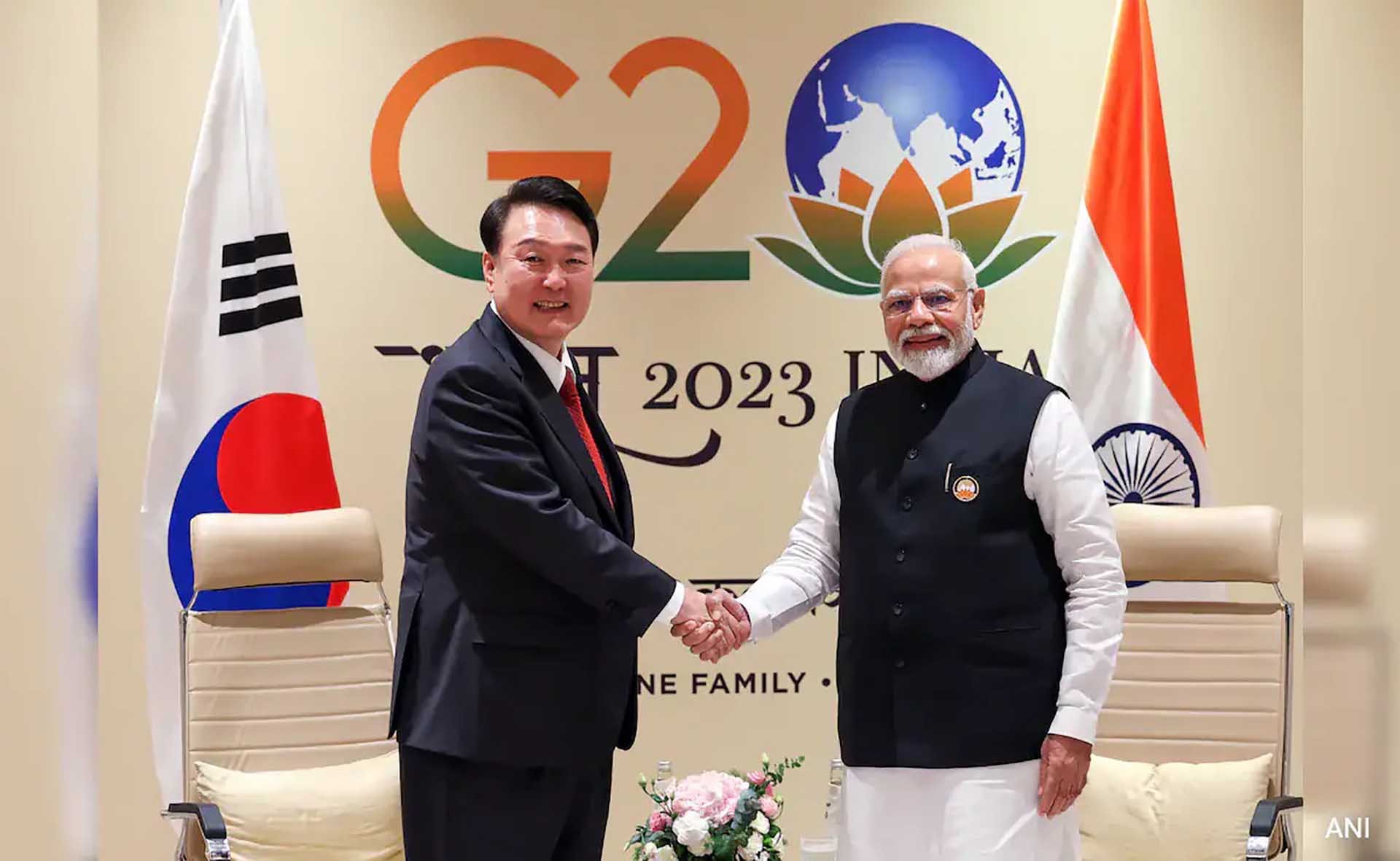 |
| South Korean President Yoon Suk Yeol and Indian Prime Minister Narendra Modi on the sidelines of the Group of 20 (G20) Summit in New Delhi in September 2023. (Source: ANI) |
In a statement on the occasion, South Korean President Yoon Suk Yeol expressed his hope to strengthen the special strategic partnership with India. Writing on social network X, Indian Prime Minister Narendra Modi affirmed: India-South Korea relations are “a journey of mutual respect, shared values and a growing partnership”.
From “cold” to “warm”
Despite India’s pivotal role in preventing the Korean War, the Cold War strained India’s relations with South Korea. Initially, India’s initiative to establish relations with South Korea in 1973 was seen as a mere diplomatic gesture, with little expectation of significant progress.
But the end of the Cold War marked a turning point. Impressed by the rapid economic growth of East Asian countries, Asian leaders, especially those in India, began to take a keen interest in the success of South Korea and Japan. At the same time, as Seoul sought new markets for its export-driven economy, its political and business leaders increasingly turned to India.
Driven by shared interests, India and South Korea have built a new network of agreements, pushing both to strengthen their ties.
A milestone was the visit to New Delhi by South Korean President Kim Young Sam in February 1996, signing the Future-Oriented Partnership Agreement, setting a target of raising bilateral trade to US$5 billion by 2000. Afterwards, the leaders of the two countries signed an Agreement to establish the Korea-India Joint Commission, focusing on strengthening trade, investment and cultural relations.
In 2004, during the visit of South Korean President Roh Moo Hyun to India, the two sides established a long-term cooperative partnership for peace and prosperity, aiming to increase trade turnover to 10 billion USD by 2008. A year later, the two sides signed the Comprehensive Economic Partnership Agreement (CEPA), which took effect from January 2010.
Notably, as the partnership evolves in a rapidly changing world, both India and South Korea are becoming more strategically minded. In light of this, in 2010, New Delhi and Seoul established a Strategic Partnership, which includes border security and defense cooperation.
Five years later, the two countries upgraded their relationship to a Special Strategic Partnership, establishing a framework for annual high-level meetings through bilateral visits and multilateral forums. Seoul and New Delhi initiated the 2+2 Ministerial Dialogue on Foreign Affairs and Defense.
The last time the two leaders met was in September 2023, on the sidelines of the G20 Summit in New Delhi. Here, President Yoon Suk Yeol and Prime Minister Narendra Modi agreed to strengthen their special strategic partnership. At the same time, the two leaders pledged to continue contributing to regional peace and stability through harmonious cooperation between South Korea's Indo-Pacific strategy and India's Act East policy.
In economic and trade cooperation, negotiations to amend the CEPA have been initiated to address growing concerns on both sides.
At the same time, New Delhi has expressed interest in Seoul’s increasingly sophisticated weapons systems, leading to a $650 million deal to export South Korea’s K9 self-propelled howitzers to India, along with discussions on potential joint ventures to manufacture the weapons systems in the South Asian country.
Facing the Barrier
Despite the above achievements, both sides still face many long-standing barriers.
First, despite efforts, the CEPA revision negotiations have been deadlocked due to the unwillingness of both sides to make concessions to each other’s demands. In this context, some are concerned that India and South Korea may not achieve the $50 billion trade target by 2030. South Korean investments in India have also not been as expected. The number of South Korean students studying in India remains low.
In addition, the perception of each other is limited. The image of unsanitary public spaces, high crime rates and social inequality that still persists in parts of India cast a shadow over economic and defense cooperation between the two countries. The significant difference in per capita income, with South Korea’s figure significantly higher than India’s, contributes to the bias against the South Asian country, thereby affecting the dynamics of the partnership.
On the other hand, it is time for New Delhi to see Seoul as a comprehensive partner, not just a source of investment, technology transfer and new arms purchases. As South Korea faces economic and social challenges, including its projected fall to 15th place in the global economy by 2050, India needs a comprehensive strategy to support Seoul in overcoming the challenges ahead.
Finally, in defense cooperation, South Korea’s Defense Acquisition Program Administration (DAPA) has remained cautious in its dealings with New Delhi. This has repeatedly hampered India’s efforts to purchase advanced weapons systems from South Korea and secure technology transfers from South Korea, hindering the full realization of the defense partnership between the two countries.
At that time, the two sides need to narrow the psychological gap, contribute to sustainable development, and adapt to the fluctuations of the world. This is necessary for the sustainable development of India-Korea relations in the next five decades and beyond.
Source


![[Photo] Panorama of the 2025 Community Action Awards Final Round](https://vphoto.vietnam.vn/thumb/1200x675/vietnam/resource/IMAGE/2025/11/15/1763206932975_chi-7868-jpg.webp)


![[Photo] Prime Minister Pham Minh Chinh meets with representatives of outstanding teachers](https://vphoto.vietnam.vn/thumb/1200x675/vietnam/resource/IMAGE/2025/11/15/1763215934276_dsc-0578-jpg.webp)
![[Photo] General Secretary To Lam receives Vice President of Luxshare-ICT Group (China)](https://vphoto.vietnam.vn/thumb/1200x675/vietnam/resource/IMAGE/2025/11/15/1763211137119_a1-bnd-7809-8939-jpg.webp)

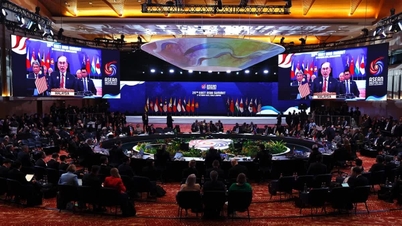
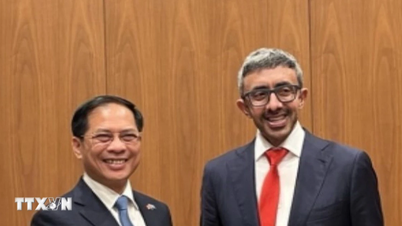

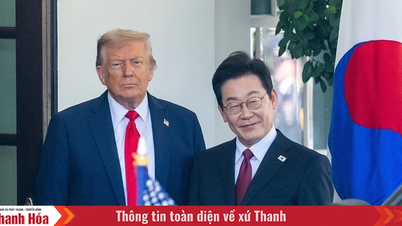





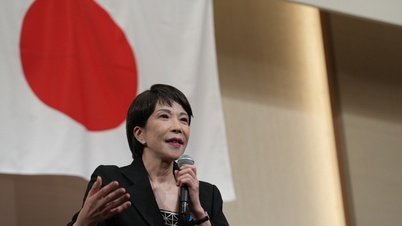

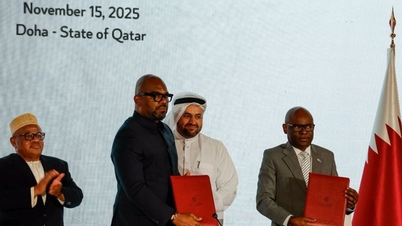
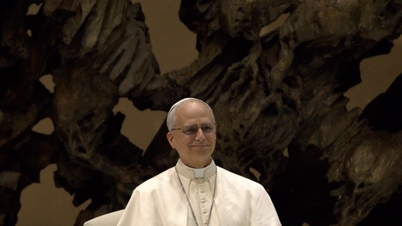
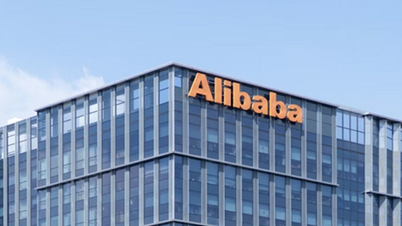
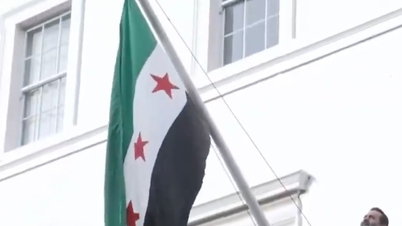
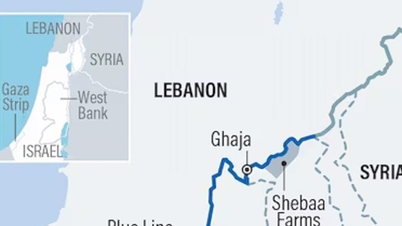




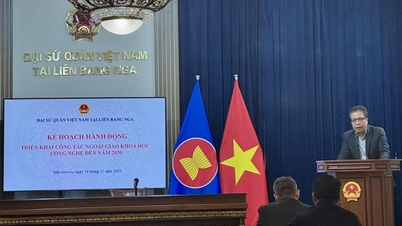
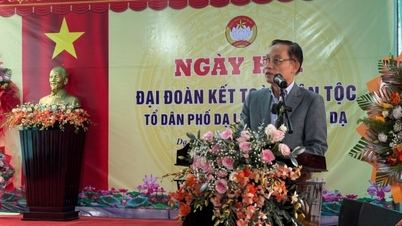
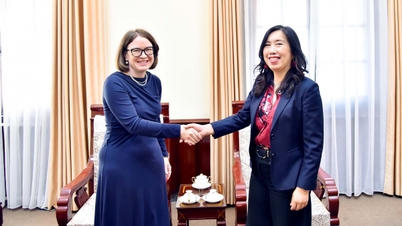
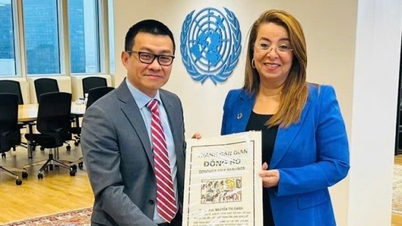
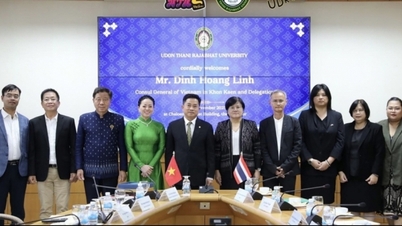
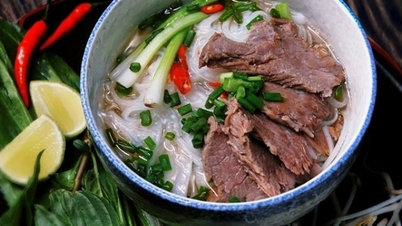




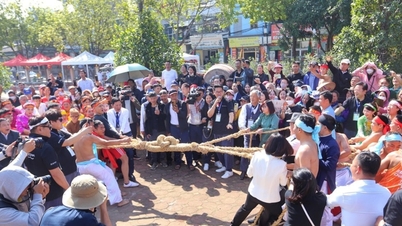










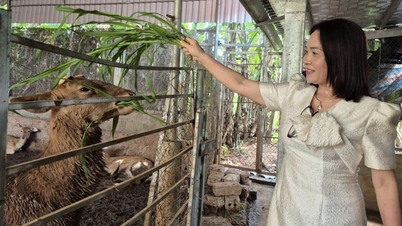

















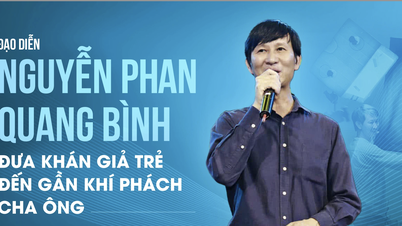

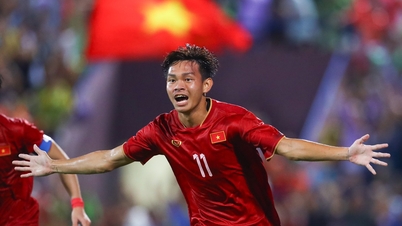
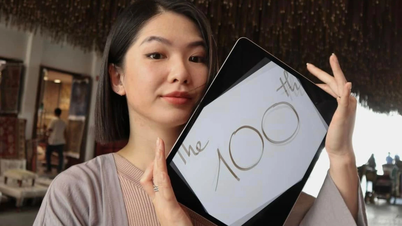

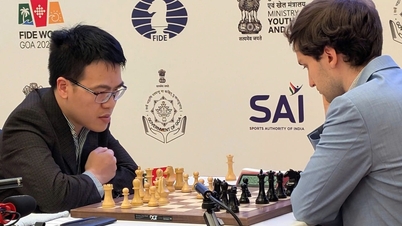









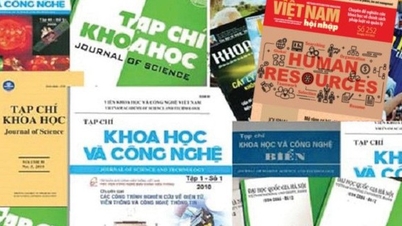
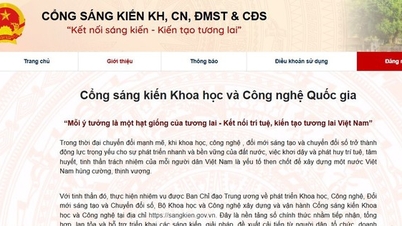
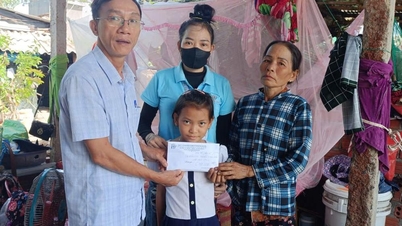

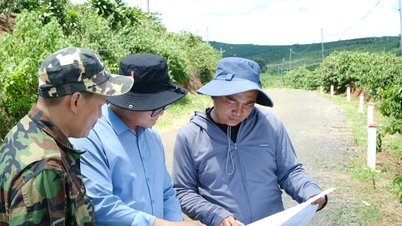

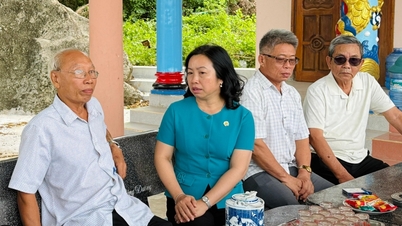
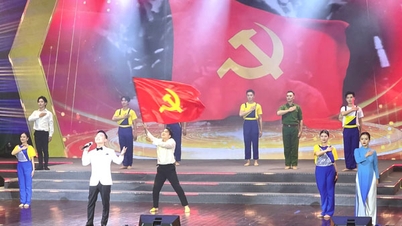

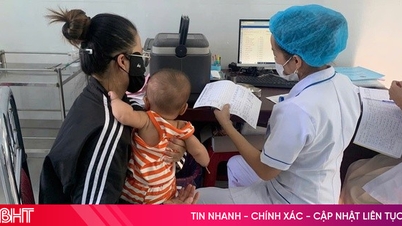

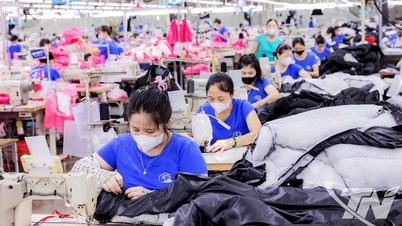










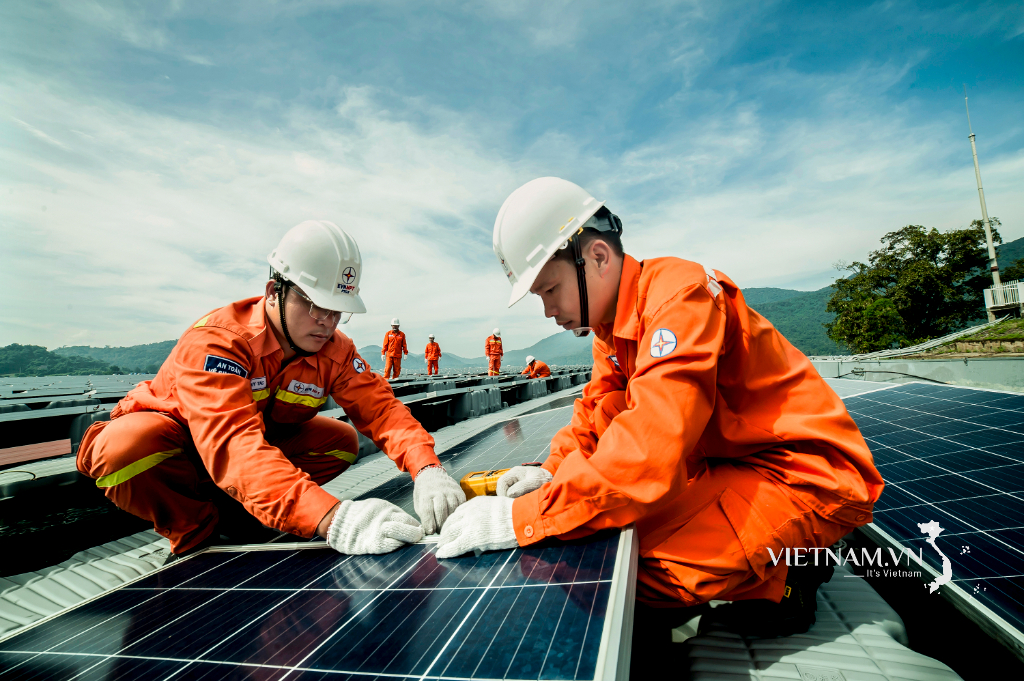



Comment (0)